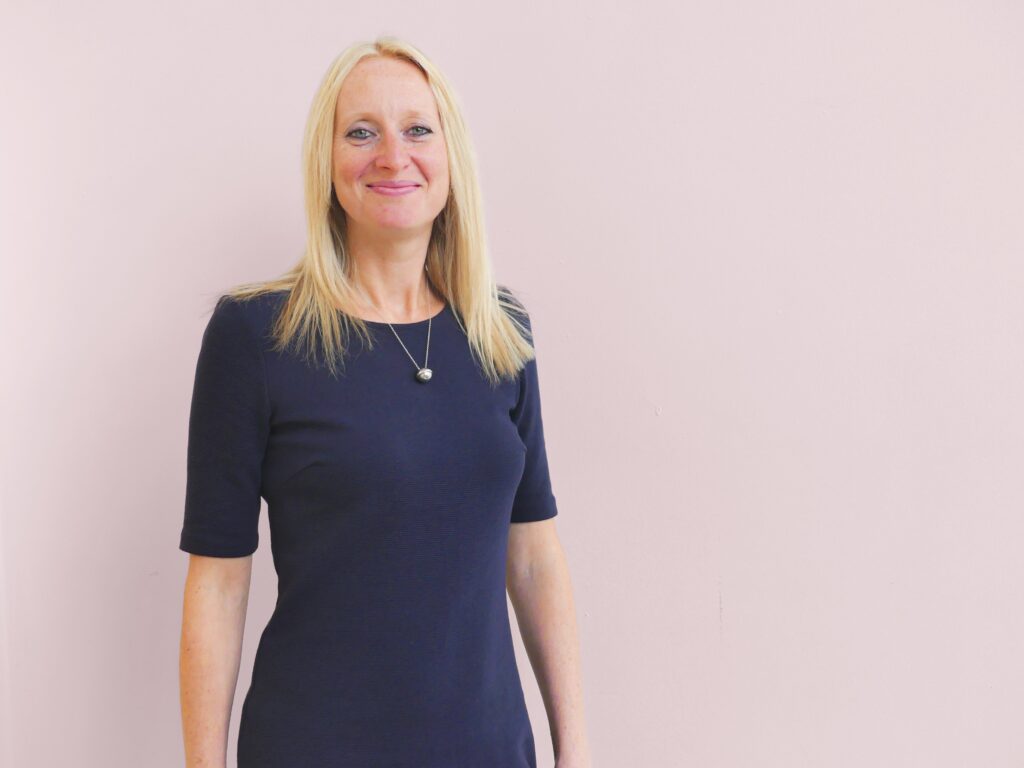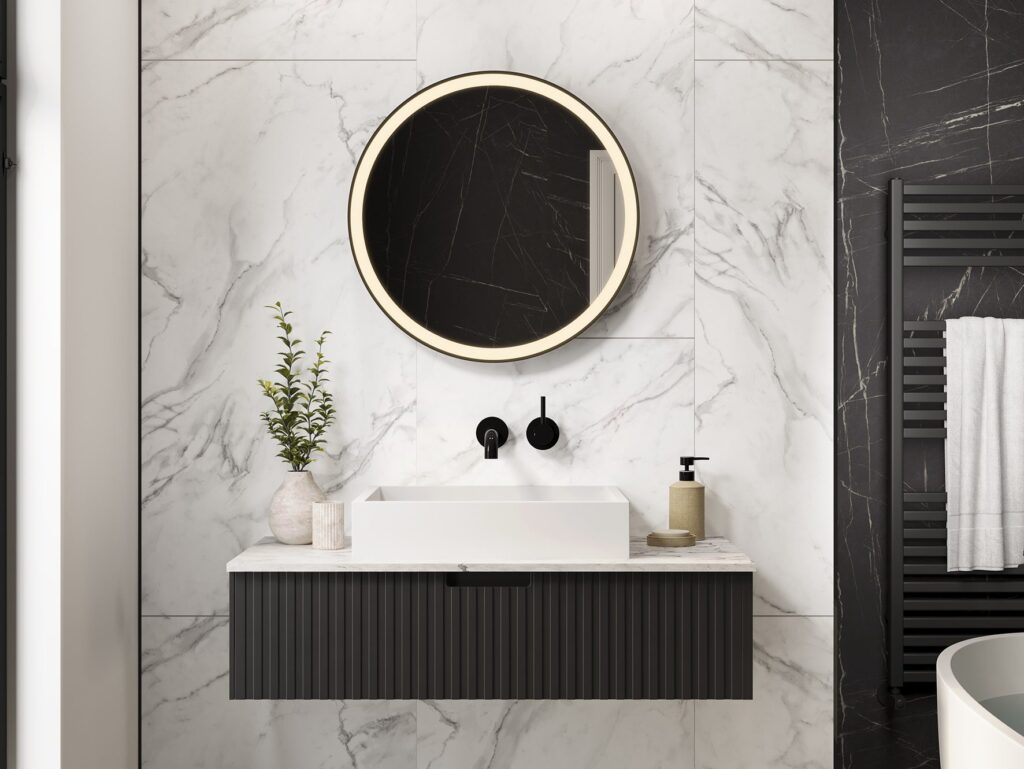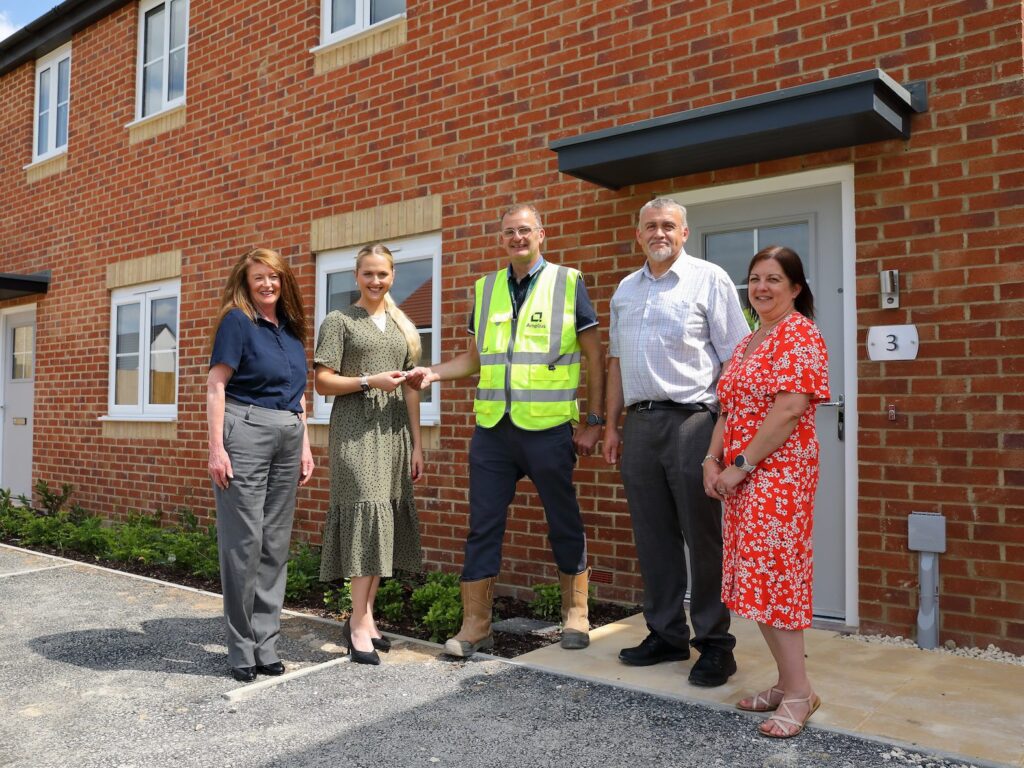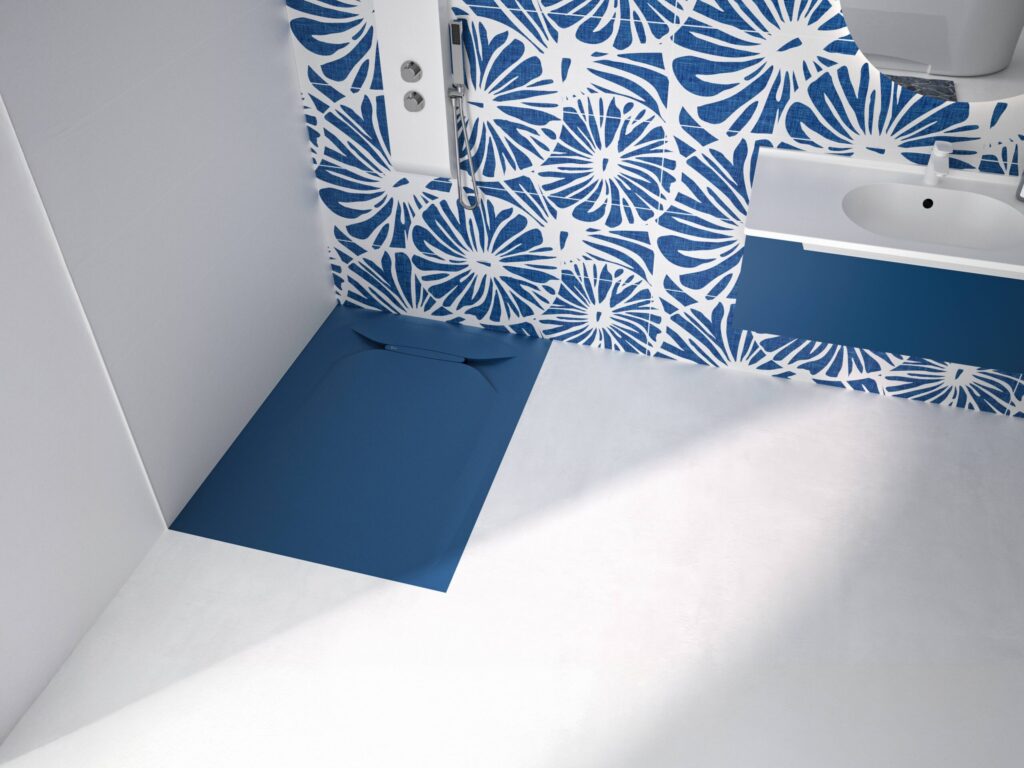As the property development industry evolves, sustainability and innovation are key to success. Ritchie Clapson Co-Founder, PropertyCEO, shares insights on how developers can balance profit with greener practices and tackle today’s challenges.
Given your experience in property development, what sustainable practices are becoming essential for developers and which initiatives do you see making the greatest impact in the industry?
The number one priority for any developer is profitability, and for the homebuyer, it’s affordability. I’ve worked with many developers who wanted to develop more sustainably but found that the resulting cost impact priced their homes out of the market. Similarly, a homebuyer may want a greener home, but how many are prepared to pay a significant premium for the privilege? It follows that there are only two areas where sustainable practices can realistically have a significant impact. The first is where they are inexpensive or cost-neutral to adopt, so they don’t affect developer profitability or buyer affordability. The second is where they’re mandated through regulation, in which case there’s a level playing field competitively.
With a focus on creating sustainable communities, how do you believe developers can go beyond minimising impact to actively enhance the areas they develop?
Countryside charity CPRE reckons that 1.2m new homes could be built on our unused brownfield land, enough to deliver 80% of Labour’s 5-year housebuilding target. We’ve all seen how our town centres have declined nationwide, first when out-of-town supermarkets arrived and then with the arrival of the internet. By converting our unused shops, offices and industrial units into residential, we automatically breathe life back into those town centres. These new residents create demand for further shops, cafes, restaurants, and other services. And the carbon footprint of repurposing is a fraction of building new. With fewer new materials used, no demolition or landfill, and by using existing infrastructure and services, we’re recycling existing properties while automatically enhancing our communities simultaneously.
What role do you think emerging technologies, such as AI and green construction materials, will play in property development, particularly for smaller developers aiming to be both sustainable and cost-effective?
AI could theoretically help SMEs work more efficiently, which would help their margins, but many lack the appetite or know-how to be early adopters, so it will need to become mainstream before meaningful benefits are felt. With green construction, we’re back to the harsh reality of the business model. Many new developers start with bold sustainability goals but then realise they’ll get costed out of the deal. Where green construction is cost-neutral or mandated, it’s a win-win. Otherwise, it will be for those with deep pockets and green ideals in the ‘want’ (luxury) market. In the ‘need’ market, how many buyers will pay a 10% premium for their greener-built one-bed flat or three-bed semi? Similarly, how many developers would accept a margin reduction in return for the satisfaction of building greener? Both may like a greener product, but neither will be prepared to pay for it.
Read more news and exclusive features in our latest issue here.
Never miss a story… Follow us on:
Showhome
@Your_Show_Home
@Showhomemag
Media Contact
Hannah Larvin
Editor, Showhome
Tel: +44 (0) 1622 823 920











